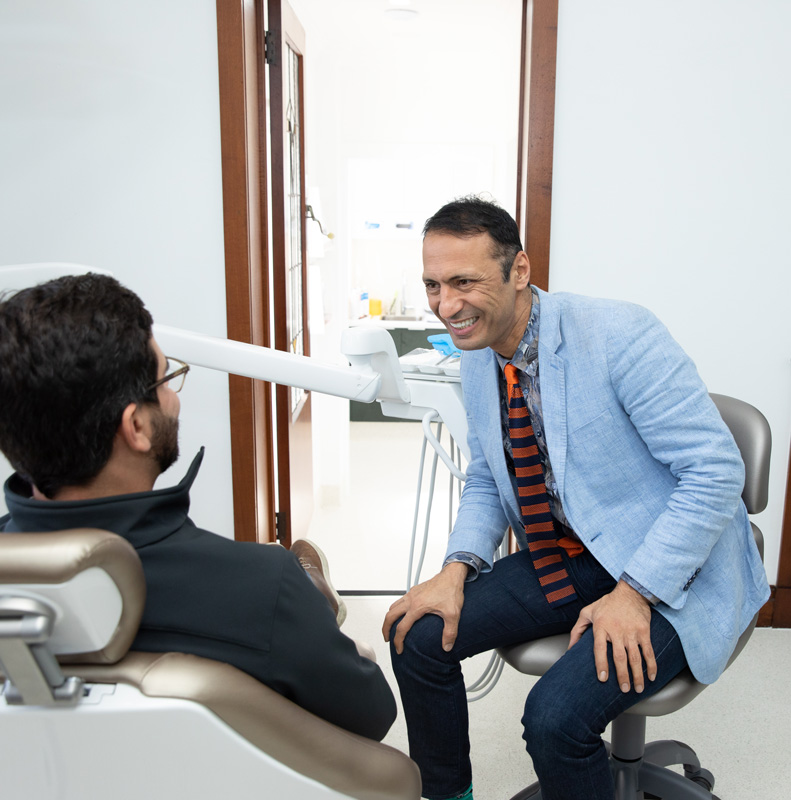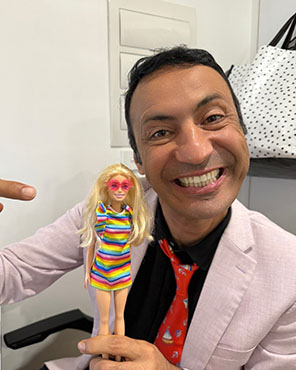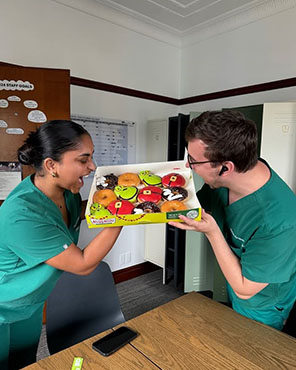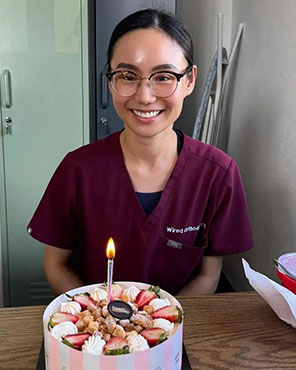Orthodontists vs dentists
Orthodontists and dentists both play crucial roles in maintaining the health of your smile, but their functions are distinct. Discover how Dr Sep can collaborate with your general dentist to ensure your smile stays in top condition.
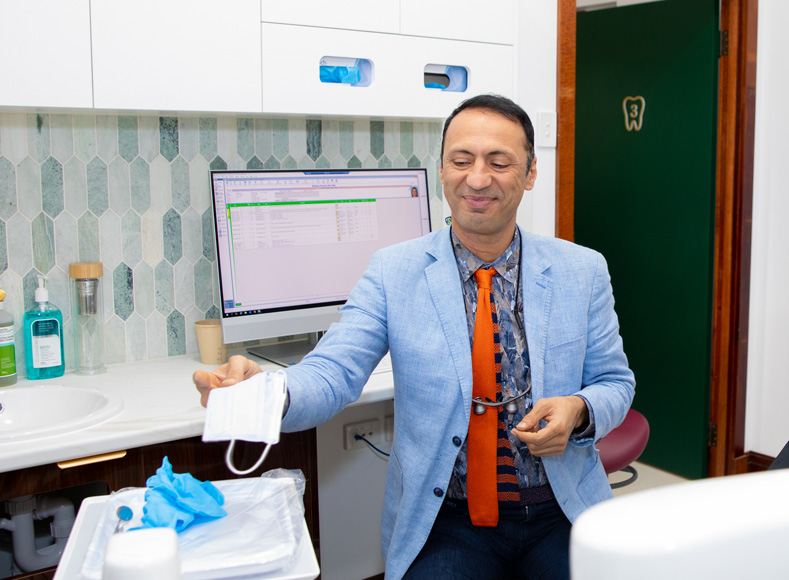
What is the difference between orthodontists and dentists?
This chart will help you to understand the different roles of dentists and orthodontists:
| Orthodontist | Dentist | |
|---|---|---|
| Doctor of Dental Surgery (5 years) | ||
| Minimum of 3 years post-graduate training and exams | ||
| Master of Orthodontics (MOrth)(3 years) | ||
| Member of professional orthodontic bodies, eg. British Orthodontic Society |
| Orthodontist | Dentist | |
|---|---|---|
| General 6-month check up | ||
| Fillings & extractions | ||
| Cleaning & polishing | ||
| Advises on overall oral health of teeth and gums | ||
| Fitting of orthodontic appliances, such as braces & Invisalign aligners | Some general dentists may fit braces and Invisalign but they are not specialists in orthodontics. |
| Orthodontist | Dentist | |
|---|---|---|
| Is specifically trained to in the movement of teeth and bite issues | ||
| Recommends and treats patients after assessing overall facial profile | ||
| Uses the latest in orthodontic technology for the benefit of patients | ||
| Attends regular training on developments in the orthodontic industry | ||
| Is a member of The Invisible Orthodontist (TIO) Network | Not all orthodontists are members of TIO but those that are demonstrate further commitment to promoting invisible orthodontic treatment. |
Qualifications of an orthodontist
Orthodontics is a specialised field within dentistry. To become a Specialist Orthodontist, one must first complete general dental training, followed by at least two years of vocational training and three years of advanced postgraduate study focused on straightening teeth.
Only after completing this rigorous education can a Specialist Orthodontist assess the entire alignment of your teeth, jaws, and facial symmetry to develop a tailored treatment plan.
Dentists who have not undergone this comprehensive training are not considered specialists in orthodontics; they may only have a ‘special interest’ in the field.
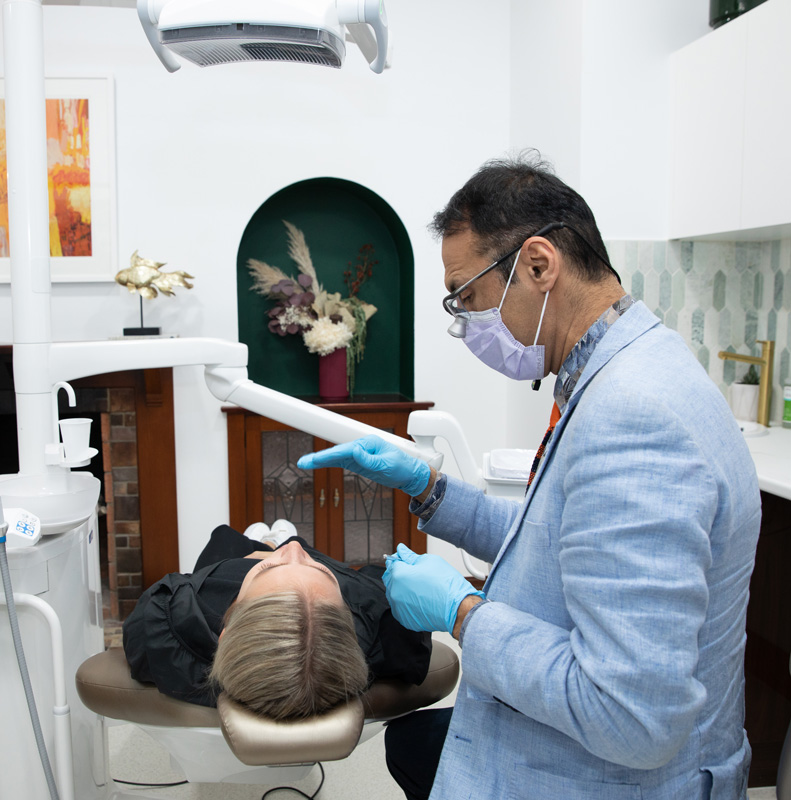
Why choose a Specialist Orthodontist?
Some dentists provide braces or 'quick orthodontic treatments,' but these options can be problematic because they are not tailored to your specific smile. Choosing orthodontic treatment with a general dentist might mean needing a visit to a Specialist Orthodontist later on.
To ensure the best care for your teeth and achieve optimal results, it’s always advisable to consult a Specialist Orthodontist who has the expertise to safely and effectively design your perfect smile.
Meet our Specialist Orthodontist today!
Book your free consultation with our team in Nundah or Caboolture to see what Dr Sep can do for your smile.
Book your free consultation